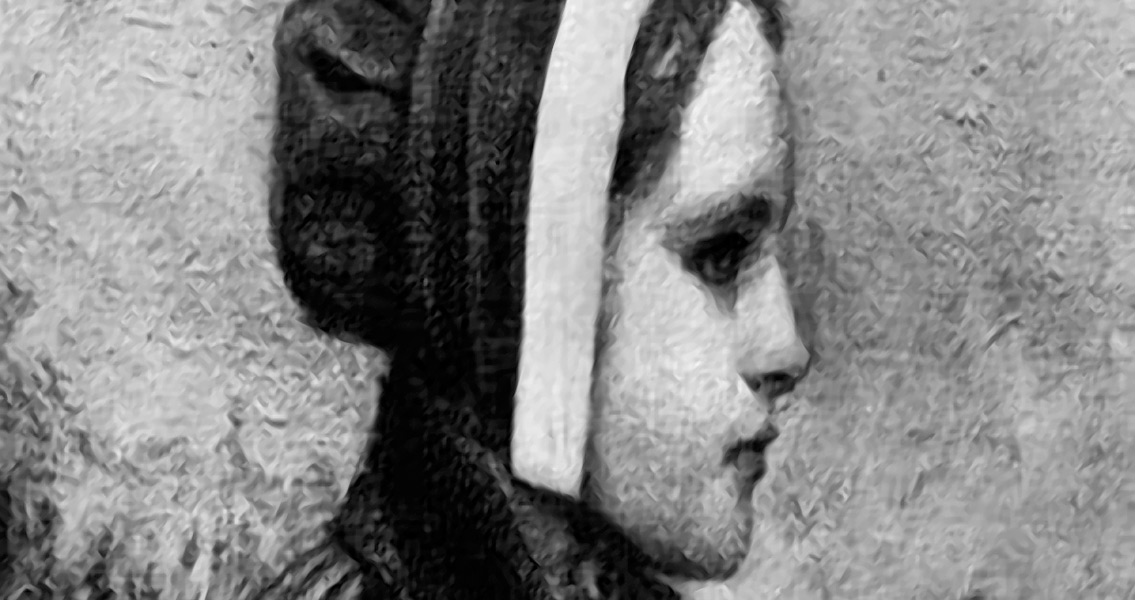<![CDATA[Bridget Bishop was hanged on 10th June, 1692. The Massachusetts woman, believed to be in her late fifties or early sixties, had been found guilty of practicing witchcraft. She was the first victim of what are now known as the Salem Witch Trials. In all, 72 people were accused of witchcraft in Salem, with twenty eventually being executed. The Salem Witch Trials were the grisly culmination of a period of paranoia, fear and religious fervour in the Massachusetts colony. Just as importantly, they symbolised a shockingly sexist society still consumed by irrational attitudes towards women. Bishop had been accused of witchcraft by more witnesses than any other defendant in the witch trials, yet there is evidence to suggest she had never met most of her accusers. Her lifestyle, one which clashed sharply with strict Puritan values, and her flamboyant dress likely played a pivotal role in her conviction. She had been married three times, becoming notorious in the community for public arguments with her husbands. She entertained guests late into the night, had a reputation as a heavy drinker, and played the forbidden game of shovel board. Her trial labelled her as a person of "dubious moral character", a woman who lived a life very much outside of Puritan expectations. Even Bridget Bishop's clothing was perceived as sinful. Apparently prone to wearing a black cap, black hat, and red sleeves under her dress, her clothes were exuberant and hard to miss. In her deposition, the town's dyer described her habit of bringing "sundry pieces of lace" to his dye house, articles of clothing which he could not see the need for in the wardrobe of plain, honest women. Trouble started in the small village of Salem in February 1692, when both the niece and daughter of the local priest, Reverend Samuel Parris, started to suffer from bouts of fits and convulsions. A local doctor declared they had been cursed by witches, and pressured them into naming who had bewitched them. On 1st March, Sarah Goode, Sarah Osborne, and Tituba, a Native American slave, became the first Salem residents to be accused of witchcraft. Tituba, perhaps trying to win herself some leniency, quickly accused other women in the community of being witches. As hysteria took hold, fueled by a brutal winter, a recent small pox epidemic and fear of attacks from neighbouring Native American tribes convincing many that Salem had been cursed by the devil, more and more women were brought to trial for charges of witchcraft. Due to the multitude of allegations against her, Bishop was the first to be tried. Most damningly, her brother in law claimed "she sat up all night conversing with the Devil". It proved a pivotal declaration. Bishop protested her innocence until the end, likely fearing a confession would have led to certain death. On 10th June, just eight days after her trial had begun, Bridget Bishop was dragged to Gallows Hill and executed by the Sheriff, George Corwin, in front of the gathered crowds.]]>
Salem Hangs its First Witch
